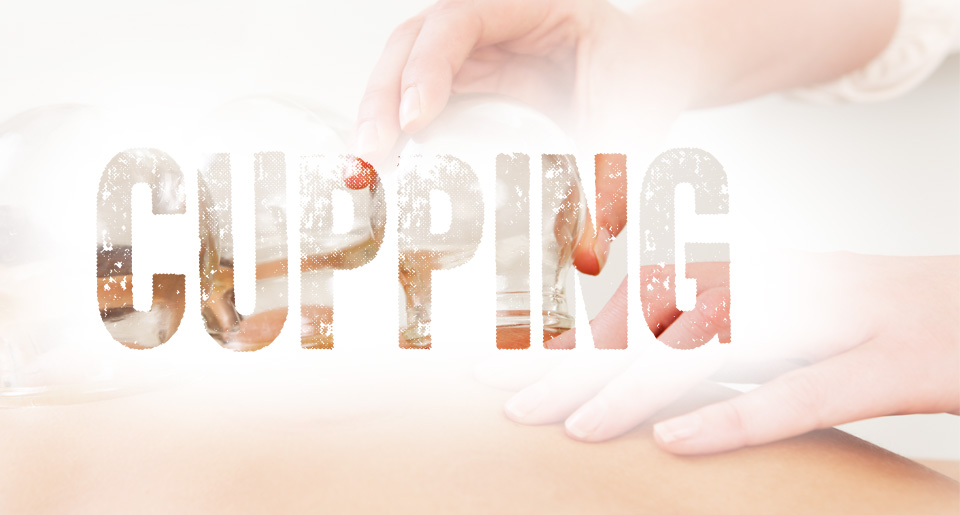What is Cupping?
Cupping is a Chinese medicine modality that has been used for millennia to treat pain and remove toxic substances from the body. In this instance, the “toxins” are a build up of waste materials in the connective tissue (fascia, muscles, and blood) that result from sports or traumatic injury, hypertonic and hypoxic muscles, poor posture, illness, and lack of physiologic function of the body and it’s energetic channel and blood pathways. Cupping can be beneficial during and after a cold or flu to help the body expel wastes and clear out the lungs and chest. Patients who have had documented toxic chemical exposure may also benefit from this therapy. As we have seen recently in the Olympics, cupping is commonly utilized by athletes to help them recover from injuries and perform at the best of their ability with natural medicine!
Where It Originated
Cupping has been used around the world for millennia. It has documented use for thousands of years in China and East Asia, Greece, North Africa, and Egypt.
In fact, the Ebers Papyrus (circa 1550 BCE), one of the oldest medical texts in the world, describes the use of cupping in Egyptian medicine.
What It Does
Cupping pulls on your connective tissue, activating a natural chemical cascade that releases nitric oxide and causes your blood vessels to dilate. When this happens, old “dead” blood can be released from your vessels that formerly might have pathologically closed or tight. Also, it pulls this blood out of your tissues and into the blood stream so it can be flushed out of your system. Cupping can take hypoxic, or blood and oxygen-starved, muscle tissue that is stuck together and releases the muscle fibers so that they can move freely. This enables your capillaries to nourish the muscle fibers with blood so they can expand and contract as they were intended. I like to tell my patients that cupping takes internal stagnation out to the surface to be released. This will very commonly help people with pain when their body is indicating that this therapy would be appropriate for them constitutionally and symptomatically.
Why To Go To An Acupuncturist For This Therapy
Acupuncture and licensed Chinese medicine providers are thoroughly trained, supervised, and tested in cupping to be able to provide you with the most benefit, and the safest application, of this holistic therapy. When the Chinese and East Asians developed and refined Chinese medicine, they wove everything, including cupping, acupuncture, and herbal medicine into a holistic system which requires diagnosis for treatment. So, when an acupuncturist is determining whether or not this treatment is appropriate for you, they are checking several things, namely:
- Your constitution – Your constitution largely determines how appropriate cupping is for you. Some constitutions do great with it, and some we would not recommend for cupping.
- Your pulse – When a Chinese medicine practitioner is checking your pulse, they are looking for patterns of energy and blood flow to your organs and different regions of your body, which help determine if moving blood on the surface of your body is appropriate, and to what degree.
- Your symptomology – Cupping might not be the most effective and efficient treatment for you at that time based on your symptoms and presentation. It’s possible that acupuncture will be better for you, or acupressure, or moxibustion.
- Your medical needs – Cupping is contraindicated for certain medical conditions.
To sum it up, acupuncturists are experts in cupping, and you can count on them to provide this high-quality therapy for your healthcare needs. When looking to add cupping into your healthcare toolkit, you can ask your practitioner how much training they received, how much clinical supervision they have had, and if they are trained in the medical handling and cleaning of cups.
Call 1-919-230-2456 now or schedule your free consultation here to see if cupping, acupuncture, or Chinese medicine might be beneficial for your health and well-being. The Fountain is easily accessible from Cary, Raleigh, Apex, and surrounding areas in the beautiful North Carolina research triangle.
In Health,
Kristin ten Broeck, MSOM, L.Ac.
